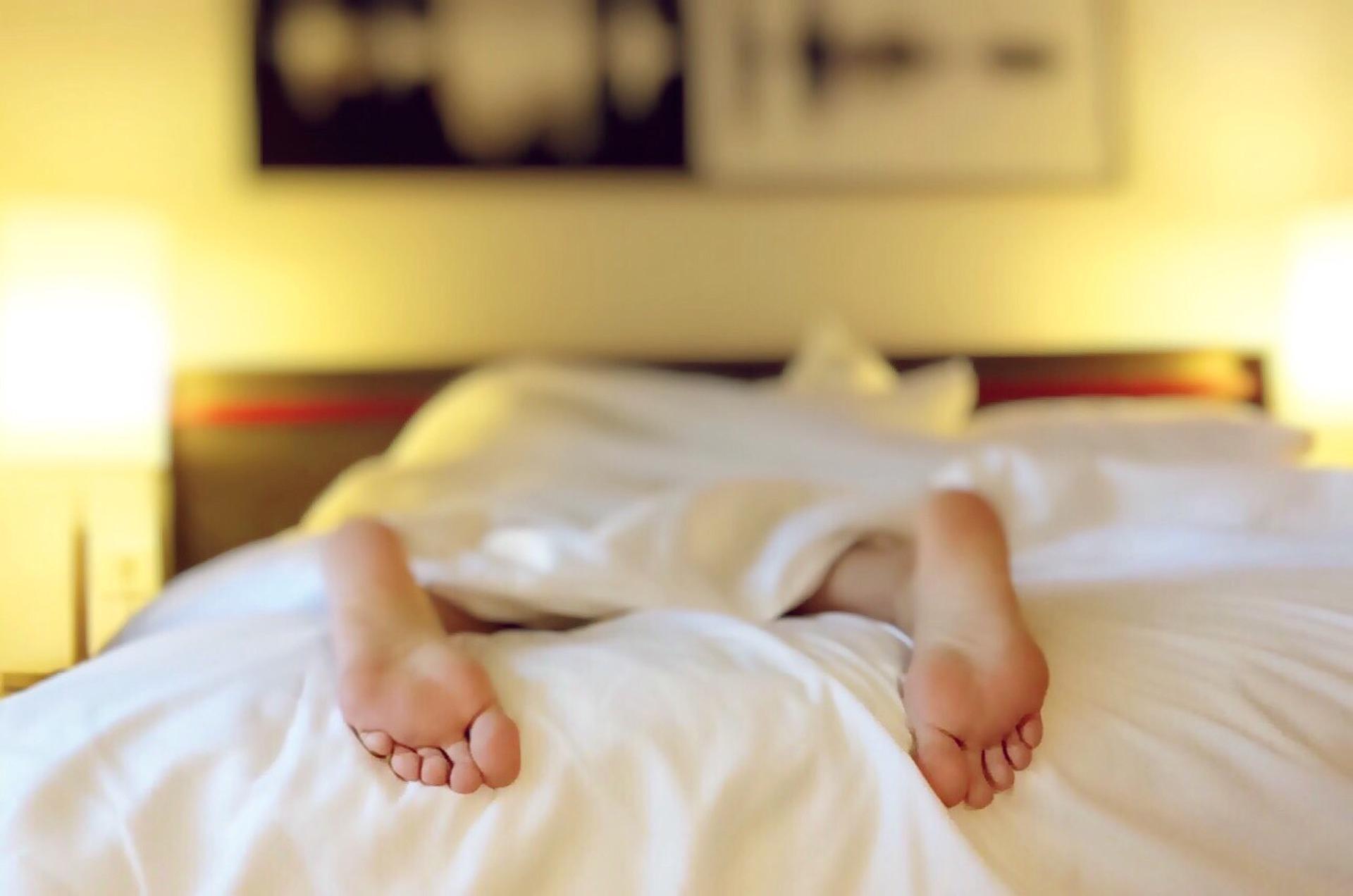10 Hacks to Get the Most Restful Night’s Sleep

In the digital age, we have a lot to distract us. There’s always something vying for our attention, and it’s gotten to the point that for many of us, our mind is racing all day. Shutting it down has become a real trial.
A restful night may seem like an impossibility to you at this point. Perhaps lack or sleep is even something you’ve just come to accept as part of being an adult. But sleep issues don’t necessarily come with the territory, and there are certain things we can do to help ensure we get as much rest as our body needs.
1. Watch the sun rise and help reset your circadian rhythm.
The circadian rhythm refers to your unique biorhythm of hormone secretion. A good dose of sun in the morning acts like a biological wake-up call, meaning that when the sun goes down, your body realizes it’s time for sleep soon.
2. Turn off your screens and go old school with a book or paper mag instead.
The blue-light on screens prevents your brain from signaling the pineal gland to produce melatonin, the hormone which is critically involved in regulating your circadian rhythm. The circadian rhythm determines when you’ll be tired and when you’ll be wired. At least one hour before you plan on laying down, shut off any screens and do something that will have you feeling pleasantly sleepy.
3. Don’t postpone bedtime.
Don’t put off going to bed in favor of doing other things, like finishing another episode of the latest TV show you’re addicted to. A second wind of wakefulness can be useful on exam cramming, but on a regular basis, such a practice could very well keep you up all night as it messes with your biological clock.
4. Take a hot shower before bed.
Not only is water relaxing, but heat helps reduce muscle tension. Instead of using a shower as pure cleansing utility, take five minutes and just lean against the wall under the spray.
5. Practice deep relaxation breathing.
Deep relaxation breathing forces the heart rate down and helps release nervous tension. If you feel like your mind is racing, give it a bit of a time-out with some focused deep breathing.
6. Meditate regularly to reduce sleep-preventing anxiety.
Anxiety is a sleep killer. Reduce anxiety by meditating daily for a minimum of 15 to 20 minutes. It’s been shown that 75% of insomniacs who started a daily meditation program were able to fall asleep within 20 minutes of going to bed.
7. Watch out for caffeine.
Slowly scale back on your caffeine, be it energy drinks, coffee, or black tea. Caffeine-filled drinks might seem like an easy, go-to solution for that mid-afternoon grogginess, but in the long run, it sends your biorhythm artificial signals of morning wakefulness, meaning sleep can be more difficult to maintain later. Consider replacing your liquid refresher with cold water, kombucha, or flavored sparkling water.
8. Drink enough water throughout the day.
The human body is mostly made up of water and requires water for ideal cellular function. Despite this, most people walk around in a state of minor dehydration. If all biological systems are off due to even slight dehydration, a restful sleep will also be more elusive.
9. Adjust the room temperature.
Keep the room cool, but use a cozy blanket because nothing says snuggle and sleep more than a chill in the air and a fluffy comforter. A lower temperature in the room you sleep in helps send your body into preserve-your-resources hibernation mode. But don’t let yourself be chattering through the night: use a comfy duvet and a pillow to find your perfect level of comfort.
10. Educate yourself on supplements.
Talk to your local health food store owner about improving your sleep quality. From 5-HTP to GABA, there are many adrenal support supplements out there to help you sleep better and for longer stretches at a time. Store owners and managers are typically a font of knowledge and can point you in the most beneficial direction.
Being solicitous of one’s own comfort is, perhaps surprisingly, important. Today’s age may have all the speed perks of a digital world, but there are some deep drawbacks as well. If one can minimize those drawbacks and still move with the pace of modern business, that good night’s sleep might not be so unattainable after all.
This article was originally published on Quill.com.



